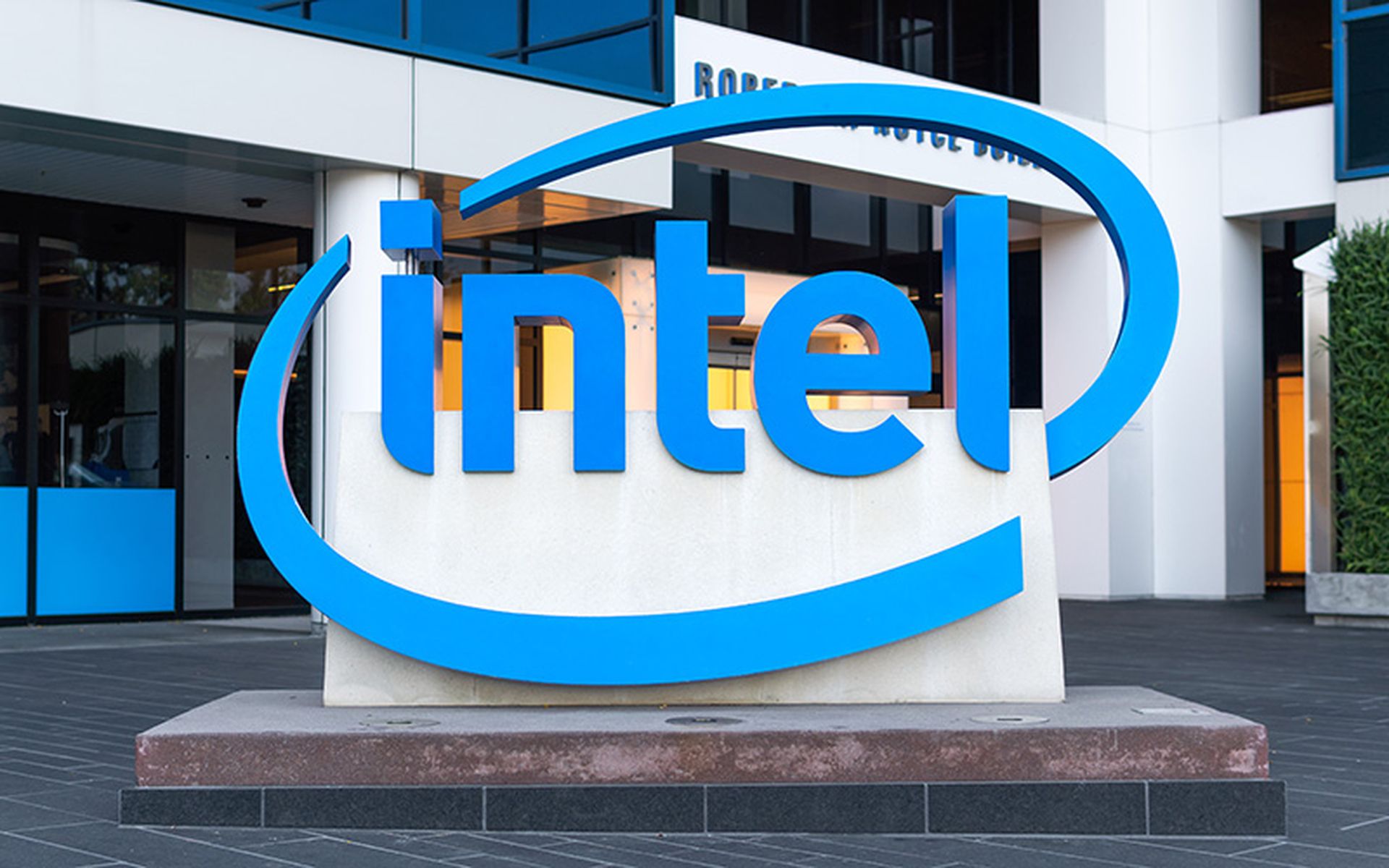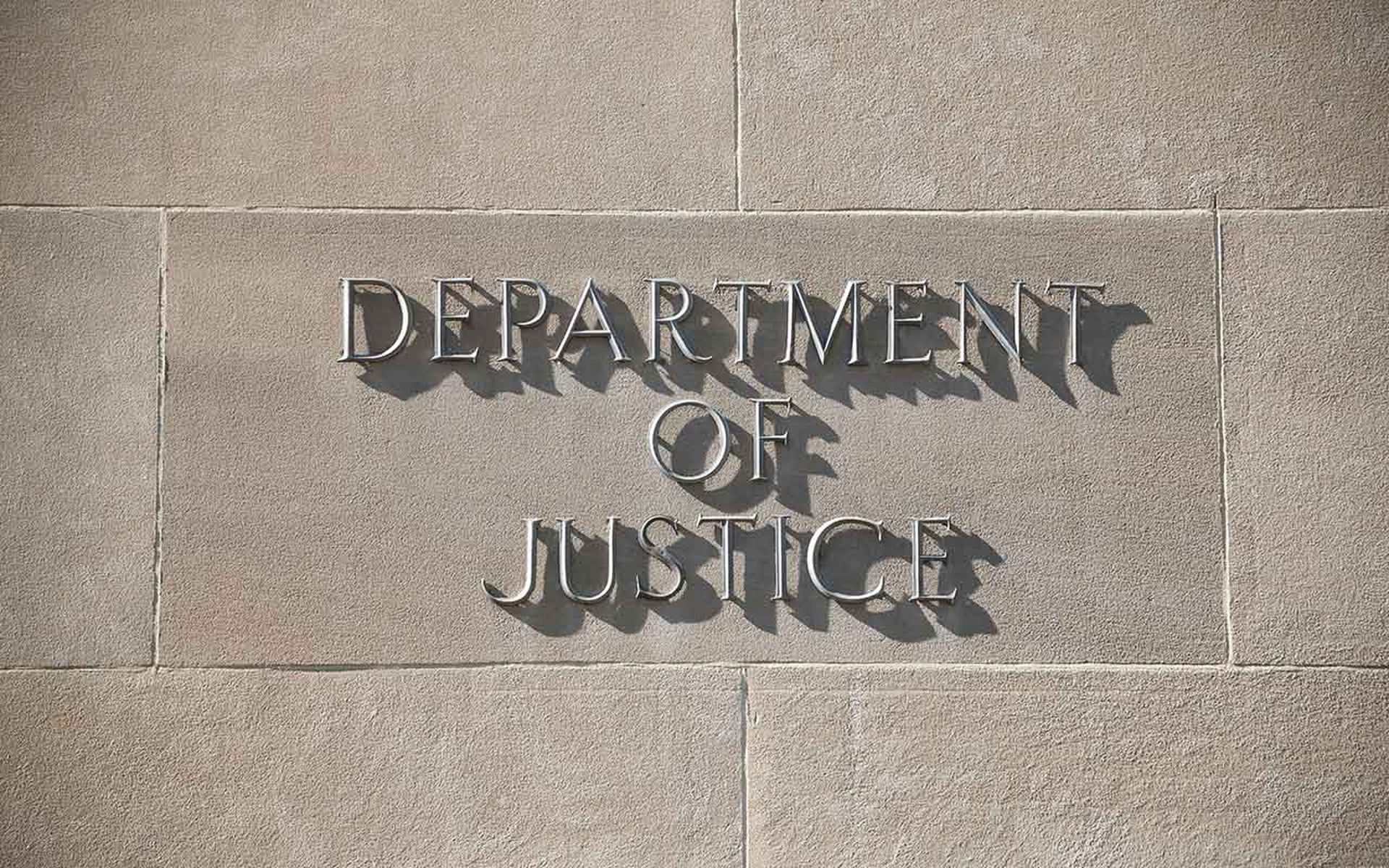Intel CEO Pat Gelsinger stepped down from the top job at the troubled semiconductor giant this week. The news came about a month after Canalys Chief Analyst Jay McBain made the bold prediction that Intel would cease to exist in its current form one way or another by the new year.
McBain’s prediction was focused on Intel’s foundry business and a belief that this business would have to be spun off, among other factors.
A decade or more ago, all the big chip makers divested their manufacturing operations – they went “fabless.” They designed the chips but outsourced the manufacturing to contract manufacturers such as TSMC. All the big companies, including AMD and Nvidia, went fabless. Only one company held onto its manufacturing operations – Intel. Today, TSMC performs 90% of chip manufacturing.
When Gelsinger returned to Intel as CEO in 2021, he saw the foundry business as an opportunity to rebuild the company where he spent the first 30 years of his career. He pursued a strategy of offering contract manufacturing to other chipmakers like AMD and Nvidia.
Given TSMC’s hold on the market and the concentration of chip manufacturing in an area that China could disrupt, it certainly made sense for a foundry business to offer services in other locations around the world. Intel has three fab production sites in the U.S., in Chandler, Arizona; Rio Rancho, New Mexico; and Hillsboro, Oregon. The company also has fab production sites in Leixlip, Ireland; Jerusalem, Israel; and Kiryat Gat, Israel. But Intel’s foundry strategy hasn’t worked out so far.
At the Canalys North America Forum in October, Steve Brazier, founder of Canalys and now an Informa Fellow, said that it may have been too much to ask to trust a competitor with all the secrets necessary for contract manufacturing.
“They really had the idea that they could go to their competitors like Nvidia and AMD and say, ‘We'll make them for you. Please share your roadmap. We’ll obviously know your costs, we’ll know everything about your business. And on the other side of business, we're going to compete with you.’ I know in the tech industry there are lots of examples of competition, and people learn to both compete and work together, but this was such an extreme level of trust that would be required for information not to be crossed inside one company that it hasn't worked,” he said.
And the automotive chip manufacturing business that had looked promising for Intel’s foundry business didn’t materialize due to a semiconductor glut and slowing sales of EVs, Brazier added.
“We agree with Jay that Intel will have to get rid of its foundry business,” Brazier said at the Canalys Forum in October. “But for Pat, personally, he’s going to feel like the legacy of 'Only the Paranoid Survive' at Intel, and he’s let them down. I imagine that’s going to be a very difficult decision, but it seems absolutely inevitable.”
Indeed, some accounts of Gelsinger’s departure this week speculate that he was ousted from Intel because he refused to sell the foundry business against the board’s wishes.
Why It Matters
Brazier noted that Intel was certain to survive in some different form.
“The reason is very simple. It’s geopolitics,” he said. “The world has a chronic dependency on (Taiwan-based contract chip manufacturer) TSMC. Ninety percent of the world’s advanced semiconductors are made in Taiwan. That’s not healthy,” Brazier said. “China does not need to invade Taiwan to bring our industry to a halt and the global economy to a halt. They just need to arrange a blockade. And everything that Apple sells, everything Nvidia and many other companies sell, simply stops.”
And if the tech industry goes down, the global economy goes down, Brazier added.
As of right now, there isn’t a big attempt to diversify the geography of chip manufacturing, Brazier said. While TSMC has put some stakes in the ground in Arizona, it's challenging to stand up a new fab in a new country. There are talent challenges, culture challenges, and more, Brazier said. It’s hard. Opening of the new facility is delayed until January 2025.
Intel’s foundry business is already diversified beyond Taiwan. It has strategic importance to the U.S. and the rest of the world. It quite possibly could be deemed as too important to fail.
One of Intel's interim CEOs, David Zinsner, said that Intel's next CEO will have foundry expertise as well as experience on the product side of the business, according to a Reuters report.
It’s unclear who will buy the foundry business, and there’s been plenty of speculation around that question. But the world needs Intel’s foundry business. Without it, China holds the keys to the global economy, including all IT hardware from mobile phones to PCs, to servers, to entire data centers.




